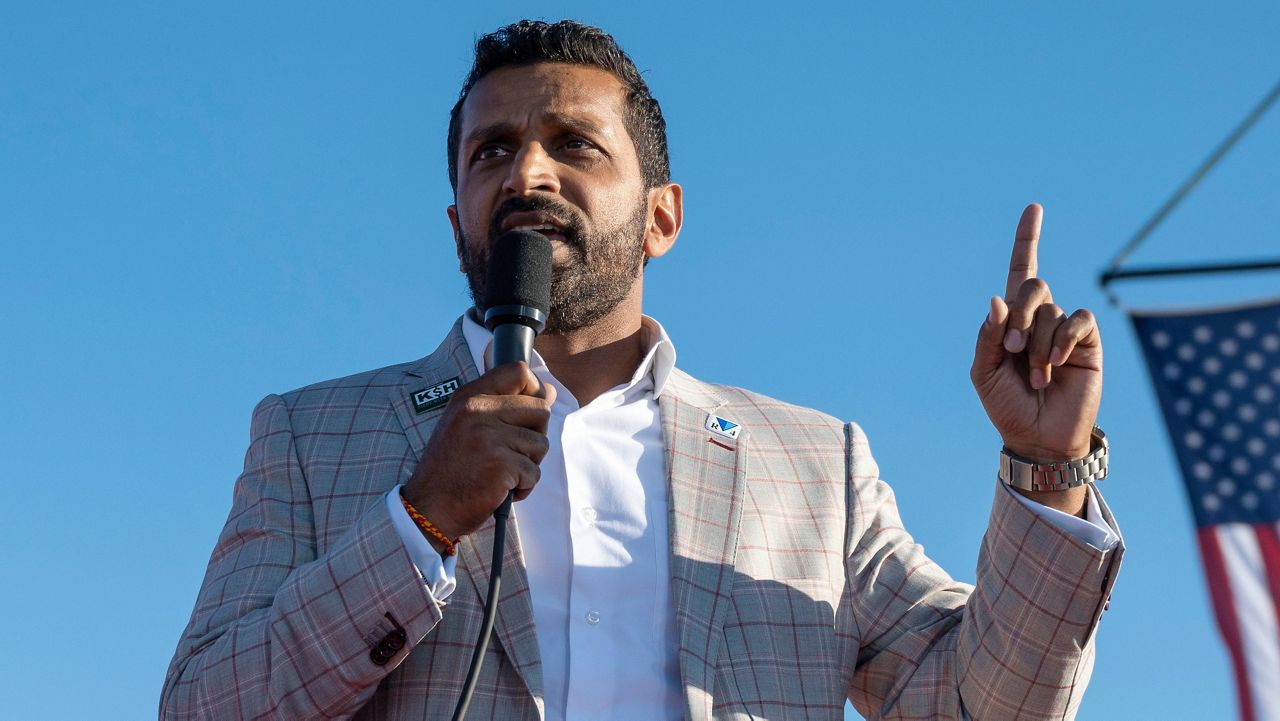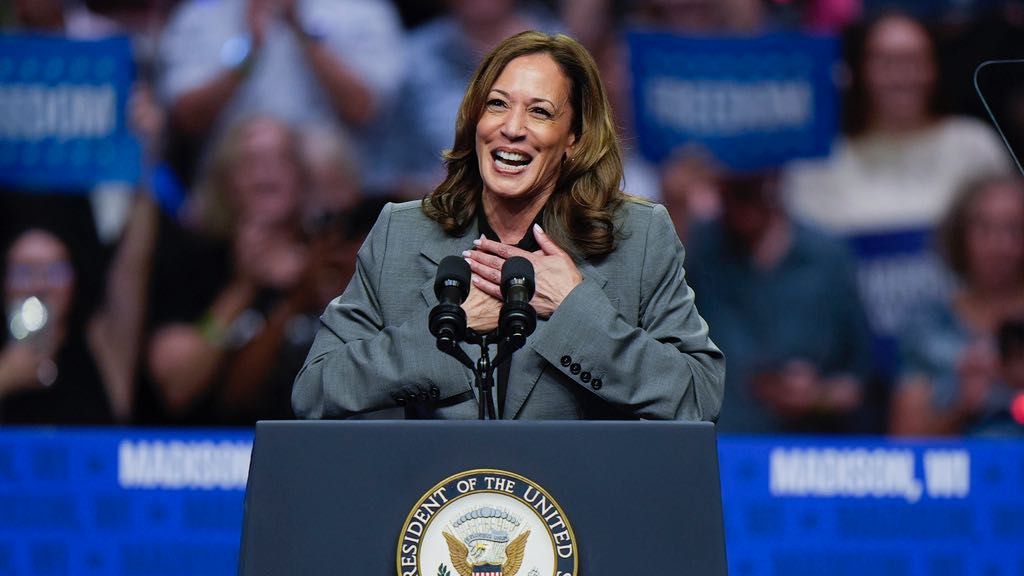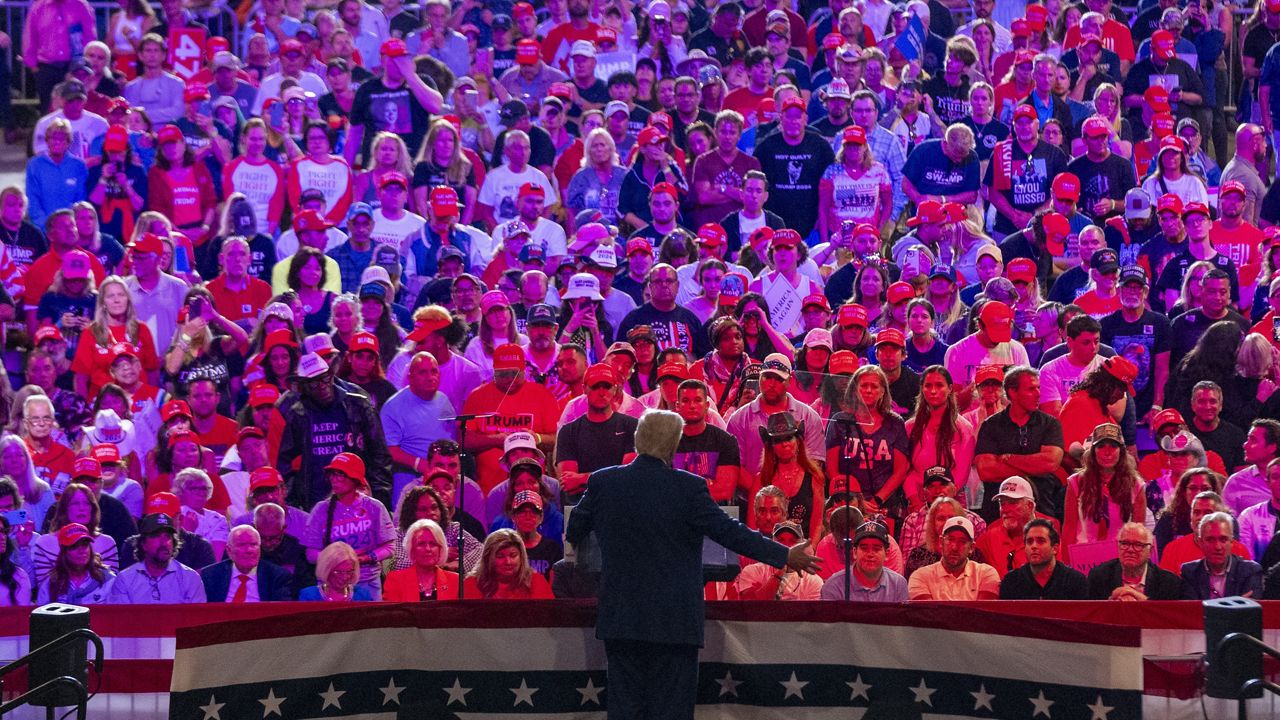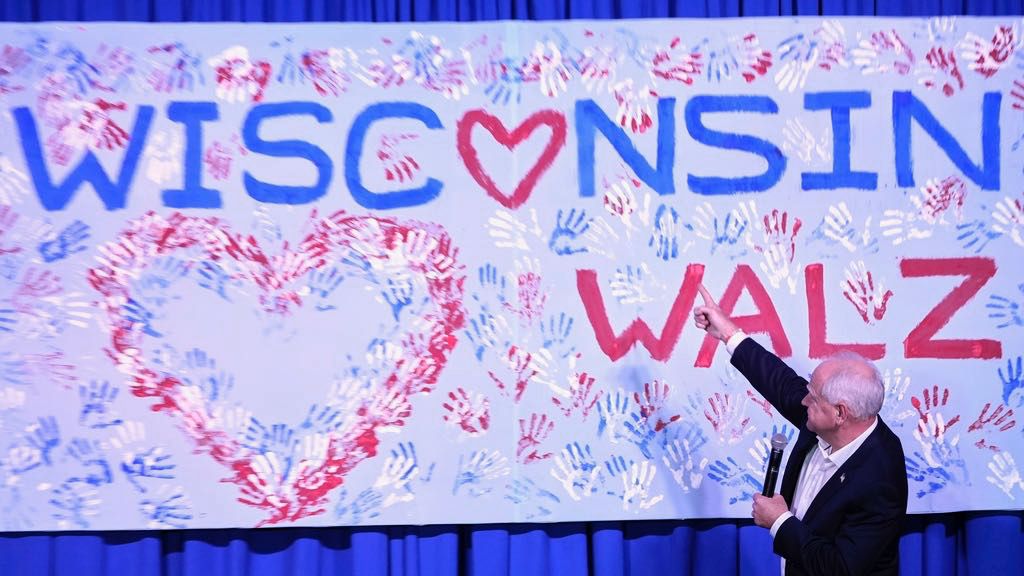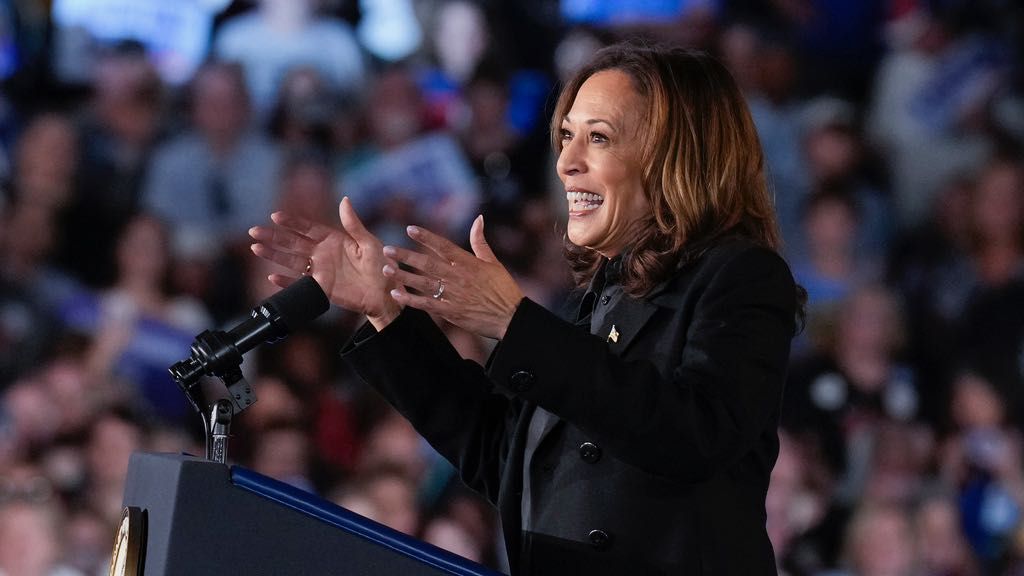A close ally of former President Donald Trump who has said he was present as Trump declassified broad categories of materials has appeared before a federal grand jury after being given immunity for his testimony, according to a person familiar with the matter.
Kash Patel appeared Thursday after the Justice Department agreed to grant him immunity from prosecution for his testimony and after a federal judge in Washington entered a sealed order to that effect.
He had invoked his Fifth Amendment right against self-incrimination during an earlier appearance before the grand jury, but the Justice Department — in an apparent acknowledgment of his importance as a witness — later granted him a form of immunity that protects him from having his testimony used against him.
The Justice Department is conducting a criminal investigation into the discovery of top-secret records seized in an FBI search of Trump's Florida property, Mar-a-Lago, on Aug. 8. The FBI removed more than 100 documents with classification markings during that search.
That's in addition to 15 boxes of records recovered in January by the National Archives and Records Administration, as well as more than three dozen documents with classification markings that were turned over to investigators in June.
A former Justice Department prosecutor himself, Patel is a close Trump ally and held multiple roles in his administration, including as senior director for counterterrorism at the National Security Council and later as chief of staff to the acting defense secretary, Chris Miller.
In recent months, he has repeatedly and publicly lambasted the Justice Department's Mar-a-Lago investigation. In an appearance this week on one conservative podcast, he described himself as "all in with the boss" when asked if he'd accept the position of FBI director if Trump won in 2024.
Patel is presumably of interest to investigators because of his claims, including in a May interview with Breitbart News, that he was present as Trump declassified material even though no changes had been made to classification markings on the documents.
In that interview, Patel said, Trump "declassified whole sets of materials in anticipation of leaving government that he thought the American public should have the right to read themselves."
Trump has claimed that a president can declassify information "just by thinking about it" but has provided no evidence that he did so. His lawyers, notably, have stopped short of asserting that he had taken steps to declassify the material that was later found at Mar-a-Lago, though they have repeatedly argued that a president has broad declassification authority.
Patel's testimony, first reported by The Washington Post, was confirmed by a person familiar with the matter who spoke to The Associated Press on condition of anonymity to discuss an ongoing investigation. A Justice Department spokesman declined to comment.
Separately, FBI agents interviewed a former deputy White House counsel in the Trump administration in May and June about Trump's handling of classified information as president, a person familiar with the matter told AP on Friday.
That lawyer, John Eisenberg, told investigators that he did not help pack the boxes that were taken to Mar-a-Lago after Trump left the White House and had no knowledge of what documents they contained. He also said he had no recollection of Trump, as Patel has asserted, broadly or unilaterally declassifying sets of information or doing so on the spot, the person said.
Eisenberg told agents that though he believed a president had broad declassification authority, the scope of that power also depended in some instances on the context, statutory analysis and specific nature of the information involved.
He also recounted for investigators an episode in which Trump wanted to post on Twitter sensitive information related to an image of a rocket blowing up on a launch pad.
Eisenberg, who served as top lawyer on the NSC, then reached out to a stakeholder agency to see if that would be a problem. Certain markings were then removed before the image could be posted, according to a person familiar with Eisenberg's account.
The Post earlier reported details of Eisenberg's interviews.




